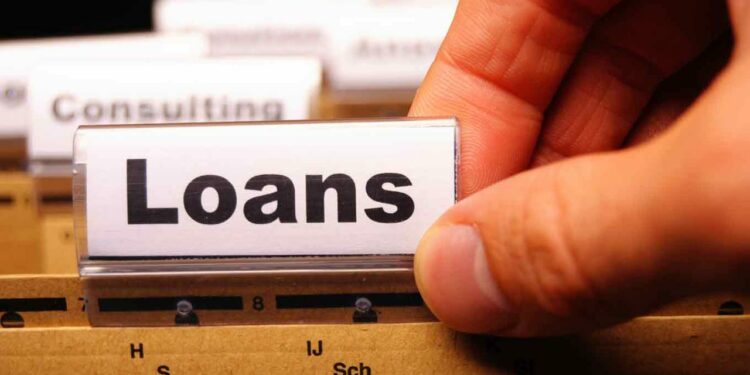Some Local Banks Struggling with NPLs of 81% and 62% – BoG Governor Discloses
Governor of the Bank of Ghana (BoG), Dr. Johnson Asiamah, has stressed the urgent need to address the high levels of non-performing loans (NPLs) in the banking sector, warning that the issue poses a significant threat to financial stability.
Making the assertion at the National Economic Dialogue 2025 on Tuesday, March 4, 2025, during discussions on financial sector reforms, Dr. Asiamah noted that despite ongoing efforts under the Financial Sector Strengthening Strategy, the persistently high NPL ratios remain a major concern.
“There is a local bank with an NPL ratio of about 81%, meaning for every 100 Ghana cedis lent, 81 cedis are not recovered. Another local bank has an NPL ratio of 62%, while the highest among foreign banks is around 21%,” he revealed.
Dr. Asiamah attributed part of the problem to the impact of the Domestic Debt Exchange Programme (DDEP), which has disrupted loan recoveries. He cautioned that high NPL levels drive up lending rates, making it more difficult for businesses to access affordable credit.
“Going forward, we have to find ways to reduce the high non-performing loan ratios across banks. I am particularly interested in local banks, especially the government-owned ones. We’ll be sitting down with them, as well as the industry association of banks. We have already started those conversations, and we believe that if we can lower NPL ratios and stabilize the fiscal side of things, we should see lending rates trending down quickly,” he stated.
The BoG Governor reaffirmed the central bank’s commitment to making tough but necessary decisions to address the problem.
“We are resolved to act, and we want the public to understand why certain decisions will be taken,” he stated.
Currently, the banking industry’s average non-performing loans ratio, per recent data from the Central Bank, stands at 24%.










Most of these banks, especially, the government owned and quasi-government ones fail to do posr-credit monitoring leading to such beneficiaries misapplying the loans granted.
Others also deliberately refuse to pay back in time because part of such loans are given back to bank officials as kickbacks; and again having the mentality that the loans given to them are “government money” and therefore not in a rush to pay back.
Some beneficiaries of such loans also mismanage the loans given them in entirely different ventures thus leading to unpaid loans.
The use of Credit Rating agencies may be helpful in bringing down such high NPLs.
All-in-all the officials who grant such unpaid loans should be held responsible for their (loans) retrievals. Board members who influence these loans to be given out should be held accountable.
It is only by doing so that banks may see the high levels of NPLs nosing down.
I will take this opportunity to support the initiative to be taken by the Bank of Ghana.
Under the previous government some of the financial institutions which had their licences revoked and Fund Managers appointed to pay customers are finding it difficult to pay while owners of the institutions are roaming freely the streets of Accra.
There are some financil institutions which didn’t have their licences revoked by the Bank of Ghana and for the 4 years or so cannot pay customer any dividend. We hope and pray that Bank of Ghana will take decisions as soon as possible. Thank you.